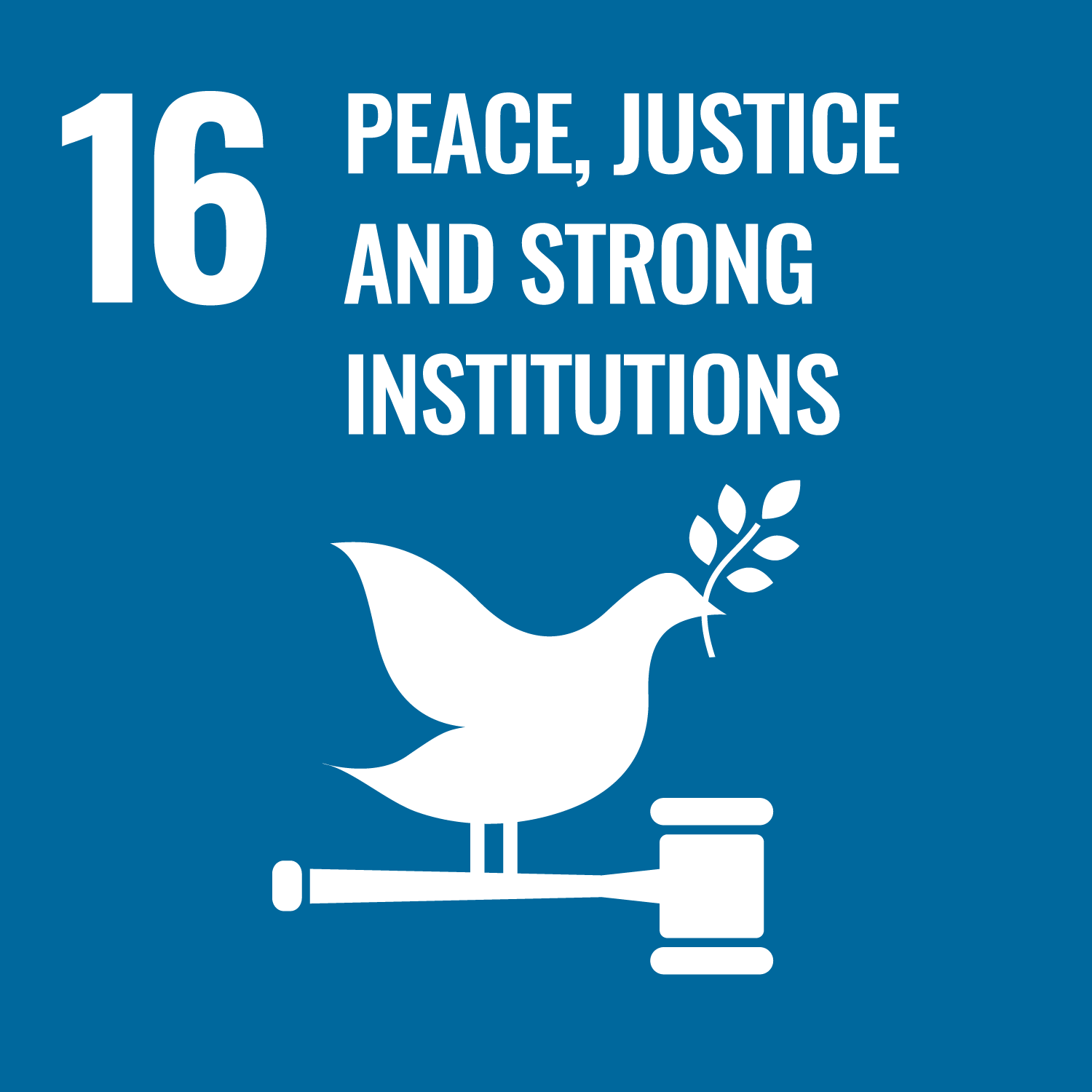The ILGA’s 13th edition of State-Sponsored Homophobia comprises data from two years, 2017 and 2018, to create an exhaustive report on the evolving legal frameworks applicable to the inclusion and protection of people with diverse sexual orientation, gender identity and expression and sexual characteristics (SOGIESC), that go beyond tokenism at the intergovernmental, regional, and national levels.
The 536-page report opens with a two-part introduction which provide a general overview of the state of SOGIESC legal protections and criminalisation globally by looking at major events of 2017 and 2018, and a critical examination of the burgeoning use of referendums related to matters of sexuality and gender. The second section, a new addition to the ILGA State-Sponsored Homophobia report, gives readers a review of International Human Rights Law (IHRL) is it relates to people of diverse SOGIESC. Contributors divulge the ongoing importance of the adoption of the Yogyakarta Principles for IHRL, efforts of UN Agencies, Treaty Bodies, and the newly appointed UN Independent Expert on protection against violence and discrimination based on SOGIESC, and regional developments in human rights-advocacy in the Americas and the EU.
The third section, Global Perspectives, acquaints readers with main events and lived realities of SOGIESC communities at the regional level from March 2017-December 2018; voices are categorised by region as, the African continent, Latin America and the Caribbean, North America, Europe, Oceania, and Asia. These sections explore the breadth of socio-legal and cultural realities that undergird discriminatory practices affecting people of diverse SOGIESC, and their responsive activism. The fourth section, titled Global Overview, gives a detailed outline of the varied legal mechanisms at work in each country, classified under 1) Criminalisation and restriction of rights; 2) Protection; and 3) Recognition. The fifth and final section, analyses the human rights situation in the countries whose penal codes criminalise SOGIESC-related expression in some capacity. This includes a reflection on state officials involvement in various UN Human Rights mechanisms and how these are localised with regard to SOGIESC in each country.








